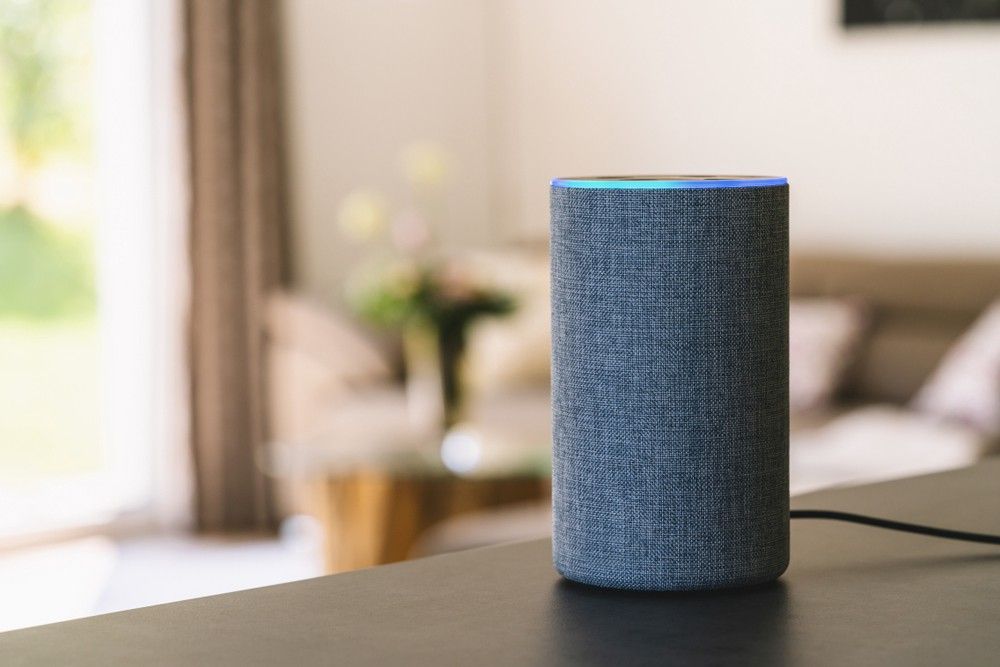
At Matchbox.io, we’re one of the leading creators of Amazon Alexa skills, with some of the most popular and highest rated voice games out there, including Question of the Day and Kids Quiz. Our apps are regularly included on “Top 10 Alexa Skills” lists and have been featured in USA TODAY, CNBC, Common Sense, and more.
As the Chief Content Officer at Matchbox.io, I’ve now spent over a year full-time in the fast moving voice-first world, and I thought I’d share a few thoughts on developing voice apps.
- RETENTION. The creators of smart speakers don’t want their customers to purchase an expensive paper weight — they want their customers to come back to the device again and again, and they need your help. So leave your users wanting more. Give them a reason to come back tomorrow. And the next day. And the day after that.
- CONTENT. Your design might be amazing but nobody will care if the content isn’t good. High quality content is key. Create content that serves a need (or a want) in the marketplace.
- If you’re using text-to-speech, remember that spoken language is different than written language. Humans don’t use proper punctuation when they speak. We add pauses where there aren’t commas etc. So you’ll need to occasionally ignore proper punctuation in your CMS. And then…
- Listen to your voice app over a smart speaker *before* you go live. Repeatedly. Don’t just rely on a service that tests the code. As a human and presumably not a robot, you need to listen to it, as your users (also humans!) will. Do things sound natural? Do you need to re-word, add a pause, adjust the speed, etc?
- You also have to listen to your voice app over a smart speaker or other device *after* you go live. Repeatedly. Especially when you add new content.
- Use your voice apps EVERY DAY. (Eat your own cooking / dog food.) You’ll discover nuances that need to be tweaked over time.
- Use voice apps that aren’t your own, and use them regularly. There are some really terrific ones out there, with new ones launching all the time, and you might be inspired by what other folks are doing. And you’ll keep your ears fresh as to what’s possible.
- Build community. Users who feel like they’re part of a community have overall higher satisfaction with a product. Leaderboards, Facebook groups, Twitter interactions, newsletters, and polls related to your app can all help build a sense of community.
I’d love to hear what you think. Do you have observations on what makes a successful voice app? Do you have tips on how to avoid common pitfalls? Share your thoughts in the comments!
